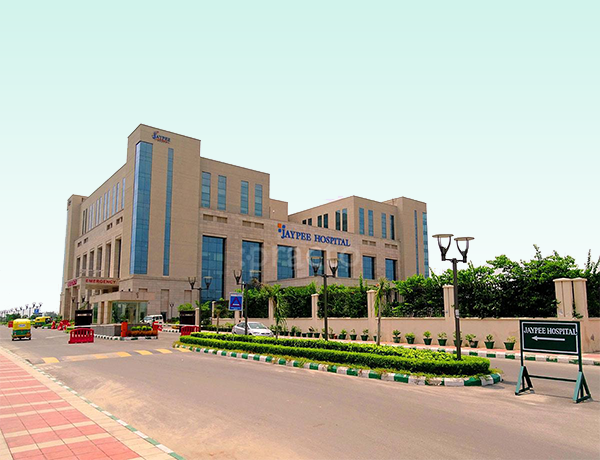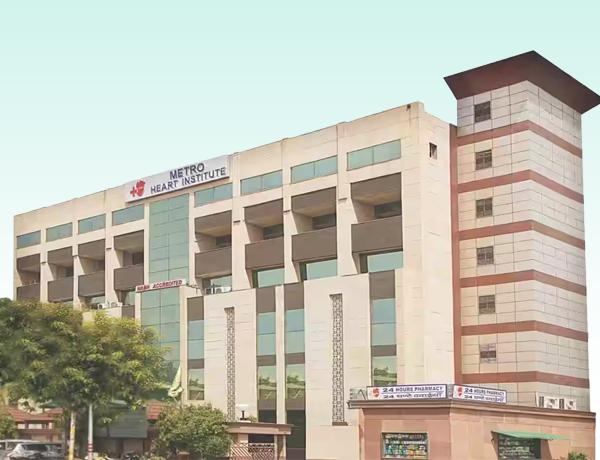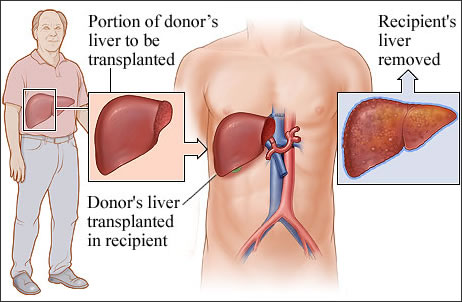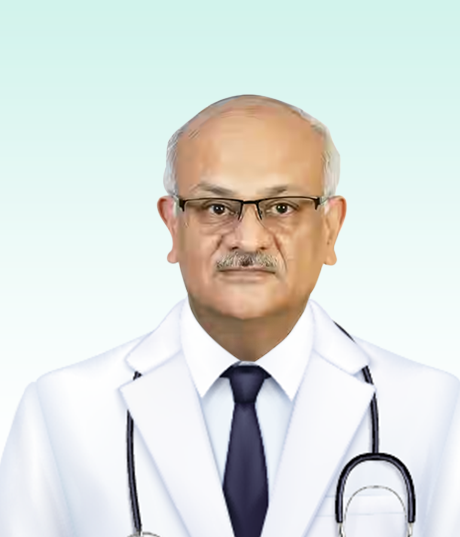Liver Transplant
Liver transplant surgery is a life-saving procedure for people with severe liver disease or liver failure. During the surgery, a healthy liver from a deceased or living donor is transplanted into the recipient. This surgical procedure requires a skilled surgical team and specialized medical facilities.
Who needs a liver transplant
A liver transplant may be necessary for people who have severe liver disease, including cirrhosis, hepatitis, or liver cancer. If a person’s liver is unable to perform essential functions, such as producing bile, metabolizing drugs, or filtering toxins from the blood, a liver transplant may be the only option.
When to see a specialist
People with liver disease or symptoms such as jaundice, fatigue, abdominal pain, or swelling should seek medical attention from a specialist in liver disease. The specialist will evaluate the person’s medical history, perform a physical examination, and order diagnostic tests to determine if a liver transplant is necessary.
Procedure
The procedure for a liver transplant involves several steps, which are outlined below:
Referral and Evaluation: The process begins with a referral to a liver transplant center. The patient undergoes a comprehensive evaluation to determine if he or she is a suitable candidate for the procedure. The evaluation includes medical tests, such as blood tests, imaging studies, and biopsies, as well as psychological and social assessments.
Placement on the Waiting List: If the patient is determined to be a suitable candidate, he or she is placed on the national waiting list for a liver transplant. The waiting time can vary depending on factors such as the patient’s blood type, the severity of the liver disease, and the availability of donor organs.
Donor Selection and Preparation: When a suitable donor organ becomes available, the liver transplant team assesses the organ to determine if it is a suitable match for the patient. The donor organ is then prepared for the transplant surgery.
Anesthesia and Incision: The patient is given general anesthesia, and a surgical incision is made in the abdomen to access the liver.
Removal of Diseased Liver: The patient’s diseased liver is removed, and the blood vessels and bile ducts are carefully dissected to prepare for the transplant.
Implantation of Donor Liver: The donor’s liver is implanted and the blood vessels and bile ducts are attached to the patient’s body.
Closure of Incision: The surgical incision is closed with sutures or staples.
Post-Operative Care: The patient is transferred to the intensive care unit for close monitoring after the surgery. The patient is given immunosuppressive medications to prevent rejection of the new liver.
Recovery and Rehabilitation: After the initial recovery period in the hospital, the patient undergoes a period of rehabilitation to regain strength and function.
Follow-Up Care: The patient undergoes regular follow-up care with the liver transplant team to monitor the function of the new liver and adjust medications as needed.
Recovery
The recovery time after a liver transplant varies, but most people remain in the hospital for 1-2 weeks. After being discharged, the person will require ongoing medical care and follow-up appointments with their transplant team to monitor their progress and adjust their medications.
Risks
As with any surgery, there are risks associated with liver transplant surgery. These risks include bleeding, infection, organ rejection, and complications from anesthesia. The use of immunosuppressive drugs to prevent organ rejection can also increase the risk of infections and other complications.
Benefits
A liver transplant can improve the quality of life and extend the lifespan of people with severe liver disease or liver failure. Successful liver transplants can restore liver function and allow people to return to their normal activities. Liver transplant recipients may need to make lifestyle changes, such as avoiding alcohol and following a healthy diet, to maintain their health and protect their new liver.
Understanding The Costing of Procedure
The breakdown would be:
- Procedures cost package would be- 32350 USD
- Transfusion medicine services cost- 5,700 USD
- Donor workup cost- 2000 USD
- Recipient workup cost- 2450 USD
Frequently Asked Questions
What is a liver transplant and why is it needed?
A liver transplant is a surgical procedure where a damaged or diseased liver is replaced with a healthy liver from a donor. It is needed when the liver is unable to perform its normal functions, which can be caused by various conditions such as liver failure, liver cancer, and liver cirrhosis.
How long does a liver transplant surgery take?
The surgery typically takes between 6 and 12 hours to complete, depending on various factors such as the complexity of the case and the health of the patient.
How long is the recovery period after a liver transplant?
The recovery period after a liver transplant can vary from person to person, but typically lasts around 3 to 6 months. During this time, patients are required to take immunosuppressive medications to prevent their body from rejecting the new liver, and will need to be closely monitored by their medical team.
What are the risks associated with liver transplant surgery?
As with any major surgical procedure, there are risks associated with liver transplant surgery. These can include bleeding, infection, rejection of the new liver, and complications from the immunosuppressive medications used to prevent rejection.
How long does a transplanted liver last?
The lifespan of a transplanted liver can vary from person to person, but on average, a transplanted liver will last around 15 to 20 years. However, with proper care and management, some patients have been able to enjoy a healthy liver for much longer.
Treatment Plans
- Trauma & intensive care $59
- Aged Care $29
- Community Services $25
- Diagnosis & Investigation $48
- Medical & Surgical $82
- Mental Health $74
- Rehabitation $24
- Specialised Support Service $19
- Trauma & intensive care $59
- Aged Care $29
- Community Services $25
- Diagnosis & Investigation $48
- Medical & Surgical $82
- Mental Health $74
- Rehabitation $24
- Specialised Support Service $19
Treatians As The Best Choice
Treatians understand that seeking medical treatment abroad can be a daunting experience for patients and their families. That’s why the company offers end-to-end support to its clients, from the initial consultation to post-treatment care. The company provides personalized treatment plans that are tailored to meet the individual needs of each patient, and its team of dedicated professionals is always on hand to provide guidance and support throughout the entire process. Contact us at +91-7982312582, drop your email [email protected]
- Trauma & intensive care
- Aged Care
- Community Services
- Diagnosis & Investigation
- Medical & Surgical
- Mental Health
- Rehabitation
- Specialised Support Service
Service Recipient Says

My husband's liver transplant was a success, thanks to the skilled surgeons and medical staff of Marengo Asia Hospitals.
Daevi Dhaka























The liver transplant I received was life-changing. I feel energetic than ever before. Thanks to treatians for providing me the best hospital in India.
Puthyrith Cambodia